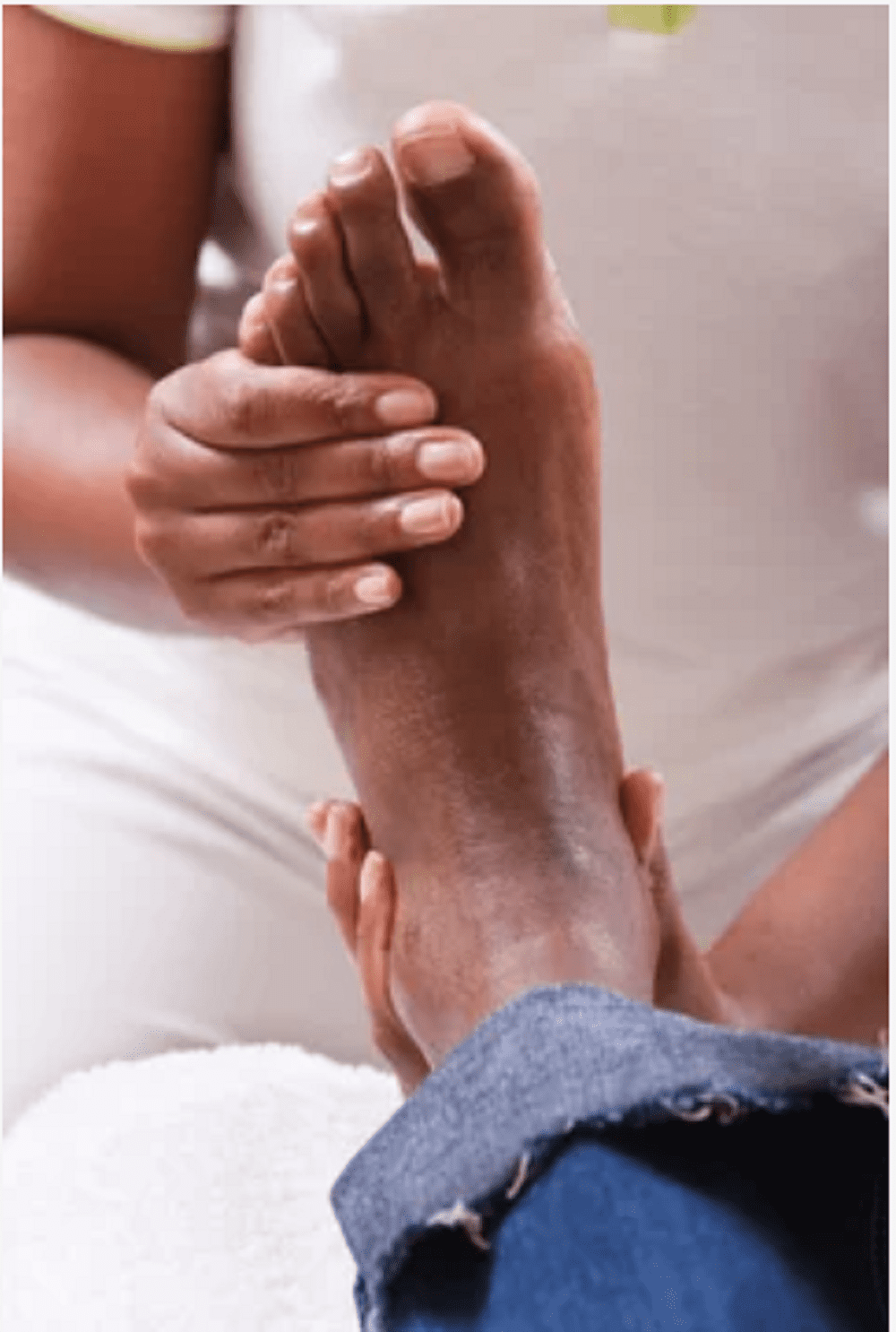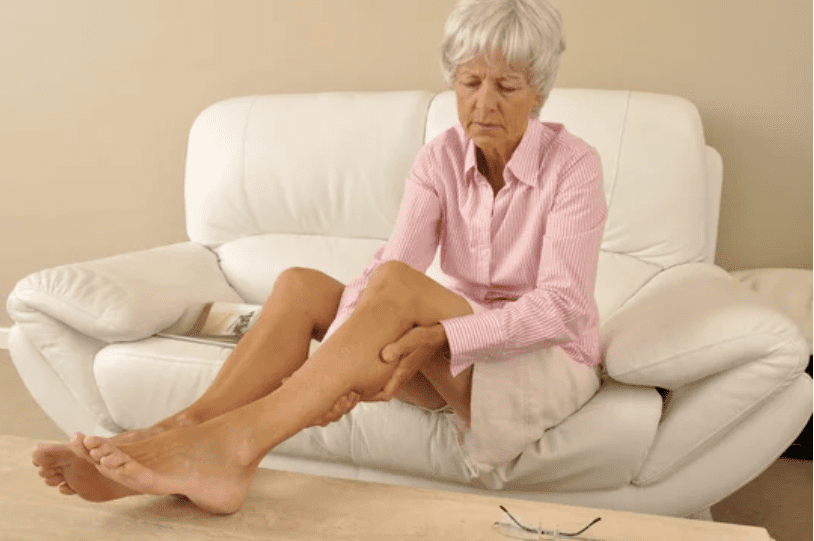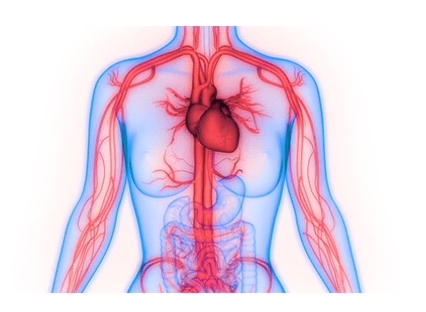
What is Arrhythmia?

Atrial fibrillation is the most frequent kind of arrhythmia, but it's not the only one. We'll look at the many forms of irregular heartbeats and how they're handled in this article.
We specialize in cardiology at PACE, which means our trained doctors treat a wide range of patients with various forms of arrhythmias.
An irregular heartbeat can be worrisome but knowing why it occurs and the risks that come with it can help you relax. Your heart has four chambers that work together to pump blood throughout your body, as you undoubtedly learned in school. The valves that connect the top chambers (atria) and lower chambers (ventricles) open and close to keep your blood flowing in the proper direction.
Of course, each chamber must compress and release in a precise timed rhythm for everything to operate properly. The sinus node, also known as your natural pacemaker, is a structure in your heart that regulates the electrical impulses that signal each portion of your heart to contract and relax. Arrhythmia occurs when your heart's regular pattern of contracting and relaxing is disrupted.
Tachycardia is an arrhythmia that occurs when your heart beats faster than normal, usually more than 100 beats per minute in an adult. It's termed bradycardia when the heart beats slower than normal, or less than 60 beats per minute.
An arrhythmia can be entirely natural in some cases, such as when you exercise and your heart rate increases. When you sleep, your heart rate is likely to drop down as well. It's an abnormal arrhythmia if your heart rate increases when you're relaxing. The sort of arrhythmia you have depends on which chamber of your heart the irregularity starts in, or where a disruption originates in the typical contracting and relaxing cycle.
The most common type of arrhythmia is atrial fibrillation, which occurs when the electrical impulses in the upper chambers of your heart become chaotic and blood is pumped inefficiently into the other chambers.
Atrial flutter, which is comparable to atrial fibrillation but less chaotic, and supraventricular tachycardia, which is any arrhythmia originating in the atria, are two more kinds of arrhythmias. Your ventricles can also cause arrhythmias. When the electrical signals in your ventricles happen too rapidly, your heart can't properly pump blood out to the rest of your body, which causes ventricular tachycardia.
Ventricular tachycardia isn't always harmful if your heart is in good shape. However, if you have heart disease or a weak heart, it might be a medical emergency. Ventricular fibrillation, like atrial fibrillation, is caused by erratic electrical impulses. Ventricular fibrillation can be deadly if a normal rhythm is not established within minutes. You're at risk for this deadly arrhythmia if you have cardiac disease or have been in a car accident. Although the thought of your heart not pumping regularly might be frightening, there are a number of effective therapies available. Our specialists have the diagnostic tools and experience to determine if you have an arrhythmia and to provide therapies that are likely to be effective.
Treatment for arrhythmias at Heart & Vascular Institute varies based on your condition, but may begin with medication. If medicine fails, cardioversion, catheter ablation, or a surgically implanted device such as a pacemaker may be recommended.
We are just a call or click away. To learn more, book an appointment online or over the phone with PeachState Advanced Cardiac & Endovascular. We have several locations in Georgia: Newnan, Atlanta, & Griffin.
You Might Also Enjoy...


Feeling Faint

Should I be worried about my numb feet?

Can leg cramps be a sign of something serious?

Meet Dr. Odiete - PACE Cardiovascular Specilaist


